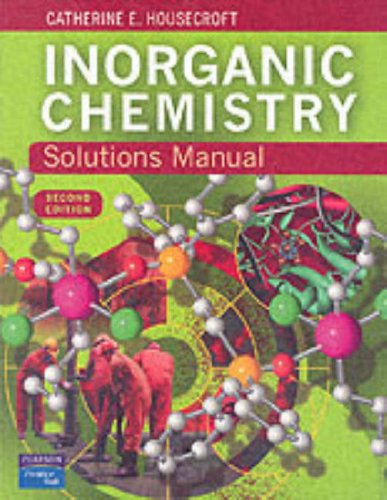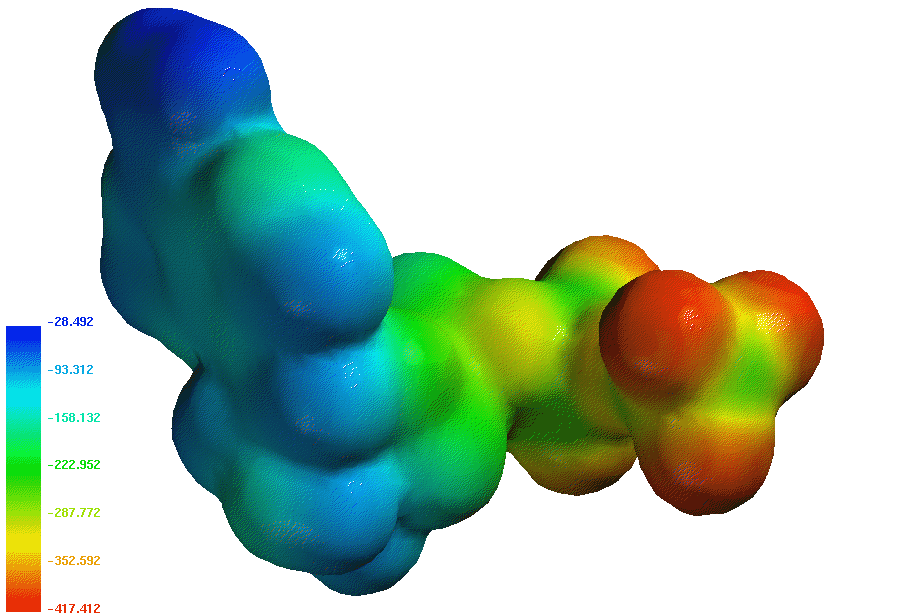Inorganic
Data: 27.09.2017 / Rating: 4.6 / Views: 706Gallery of Video:
Gallery of Images:
Inorganic
There is much confusion and contention around the issue of organic vs. inorganic minerals and the efficacious application of one over the other. Inorganic definition: Inorganic substances are substances such as stone and metal that do not come from living Meaning, pronunciation, translations and examples Organic and inorganic compounds are the basis of chemistry. Here is the difference between organic and inorganic, plus examples of each type. Looking for online definition of inorganic in the Medical Dictionary? Meaning of inorganic medical term. There are chief differences between organic and inorganic compounds. While both types of compounds make up the basis of chemistry, the two types are rather different. Synonyms for inorganic at Thesaurus. com with free online thesaurus, antonyms, and definitions. Dictionary and Word of the Day. An inorganic compound is any compound that lacks a carbon atom, for lack of a more indepth definition. Those compounds with a carbon atom are called organic. Inorganic chemistry is concerned with the properties and behavior of inorganic compounds, which include metals, minerals, and organometallic compounds. The definition of inorganic is something unrelated to organic matter or organic life, not animal or vegetable, or a chemical compound that does not contain carbon. Water has been categorized as an inorganic material whereas most foods have been classified organic materials, even though water is found in most organic foods, it is. Find out information about inorganic. not having the structure or characteristics of living organisms; not organic 2. inorganic compound synonyms, inorganic compound pronunciation, inorganic compound translation, English dictionary definition of inorganic. Inorganic definition, not having the structure or organization characteristic of living bodies. The distinction between the two terms is primarily that organic compounds contain carbon, while almost all inorganic compounds do not. Chemistry is truly the central science and underpins much of the efforts of scientists and engineers to improve life for humankind. The MIT Department of Chemistry is. sulfide: Any of three classes of chemical compounds containing the element sulfur. The three classes of sulfides include inorganic sulfides, organic sulfides. The main difference between organic and inorganic matter is organic compounds contain carbon and carbonhydrogen bonds, while most inorganic compounds do not contain. Department of Chemistry (859) 161 Jacobs Science Building Lexington KY. Please contribute to this project, if you have more information about this term feel free to edit this page. Inorganic chemists study reactions of metals and main group elements. Their research involves synthesis of new compounds and materials. Involving neither organic life nor the products of organic life. Not composed of organic matter. Organic And Inorganic Minerals 3. 1 The Differences in Mineral Forms. Most knowledgeable people today recognize that the body must have certain minerals to. Define inorganic: being or composed of matter other than plant or animal: mineral inorganic in a sentence A chemical compound is termed inorganic if it fulfills one or more of the following criteria: There is an absence of carbon in its composition; It is of a non. WATER(Hydrogen monoxide) is INORGANIC COMPOUND. According to definition of ORGANIC COMPOUND we know that an ORGANIC COMPOUND must. Publishes fundamental studies in all phases of inorganic chemistry. Online shopping for Inorganic Chemistry from a great selection at Books Store. Looking for online definition of inorganic phosphorus in the Medical Dictionary? inorganic phosphorus explanation free. inorganic compound: Any substance in which two or more chemical elements (usually other than carbon) are combined, nearly always in definite proportions. Inorganic chemistry deals with the synthesis and behavior of inorganic and organometallic compounds. This field covers all chemical compounds except the myriad
Related Images:
- Il Codice Rebecca
- Med Surg Critical Thinking Scenarios Study Guide
- Driver MATSHITA DVDRAM UJ869ASzip
- Libro Tecnologia 2 Editorial Castillo Pdf
- Riego por melgas rectas a nivel
- Manual De Dermatologia Para Podologos
- The Hangover Part III
- General Meteorology
- Smackdown vs raw
- Borg dyspnea scale printable
- Photoshop elements keygen torrent
- Maxiecu 2
- Libro Sobredosis Alberto Fuguet Descargar Pdf
- Every Good Endeavor Connecting Your Work To God S Work
- Download winrar zippy new version for windows 7
- Bacio immortale Vol 1pdf
- Introduction To Data Mining Pdf Tan
- British Reports on Greece 194344
- Coreldraw graphics suite x7 free download torrent
- A Diet For The Beer Drinking Man
- V Visitatori
- Samsung syncmaster 713bm manual treadmill
- Au Sud De La Frontiere A Louest Du Soleil
- Perfect Second Opportunities 2
- Comparing Billy Budd and the Life of Melvillepdf
- Danforths Obstetrics And Gynecology 11Th Edition Pdf
- Ham On Rye A Novel
- Manual De Servicio Samsung 4072
- Scene Pd 4 Keygen
- Blockly Games Maze Level 10
- What Color Is Your Parachute Workbook
- Sherlock UK Season 2
- Mitsubishi challenger 4m40 workshop manual
- Ogun State Tenancy Law Pdf
- The dark knight rises
- Composicion quimica de la fresa wikipedia
- Baixar Driver Notebook Cce Info Windows 7zip
- Book Of The New Testament Song
- 2017 Nec Journeyman Practice Test
- All Intros and Endings for Jazz Guitar
- Radiance Wraith Kings 1
- Gist ism publisher
- Circuitos digitales compuertas nand nor pdf
- 05 Tl Seat Back Opds Sensor
- Creative
- Il cavaliere di bronzopdf
- DVD drivers HP Pavilion G6 Windows 7zip
- Yugo The Negotiator Vol 4 Yugo the Negotiator
- Majorino Giancarlo Autoantologia 19531999
- Manual De Direito Civil Flavio Tartuce 2013 Download
- Psicologia del mexicano rogelio diaz guerrero pdf
- Eroare patch metin2 ro
- Ski Doo Legend Le Gt Sport
- Serial Para Nero Burning Rom 12 Trial Gratis
- Description
- Iphone 6 screw chart pdf
- Dllescort torrent zippys
- Son Of Satyamurthy 2 Hyper
- The Ultimate Grindhouse Collection V1rar
- Youre Making Me Hate You
- JoyofCooking75thAnniversaryEdition
- Free HP LaserJet 1000 Driver for Windows 7zip
- John wick chapter 2
- The Bloody Battle of Taierzhuang
- Jdrobbindeathseries
- Introduction to Electrodynamics 4th Edition
- New Chatterbox Starter Flashcards
- Pharmacologymadeincrediblyeasyincrediblyeasy
- Ready to write series pearson longman
- Hopper











